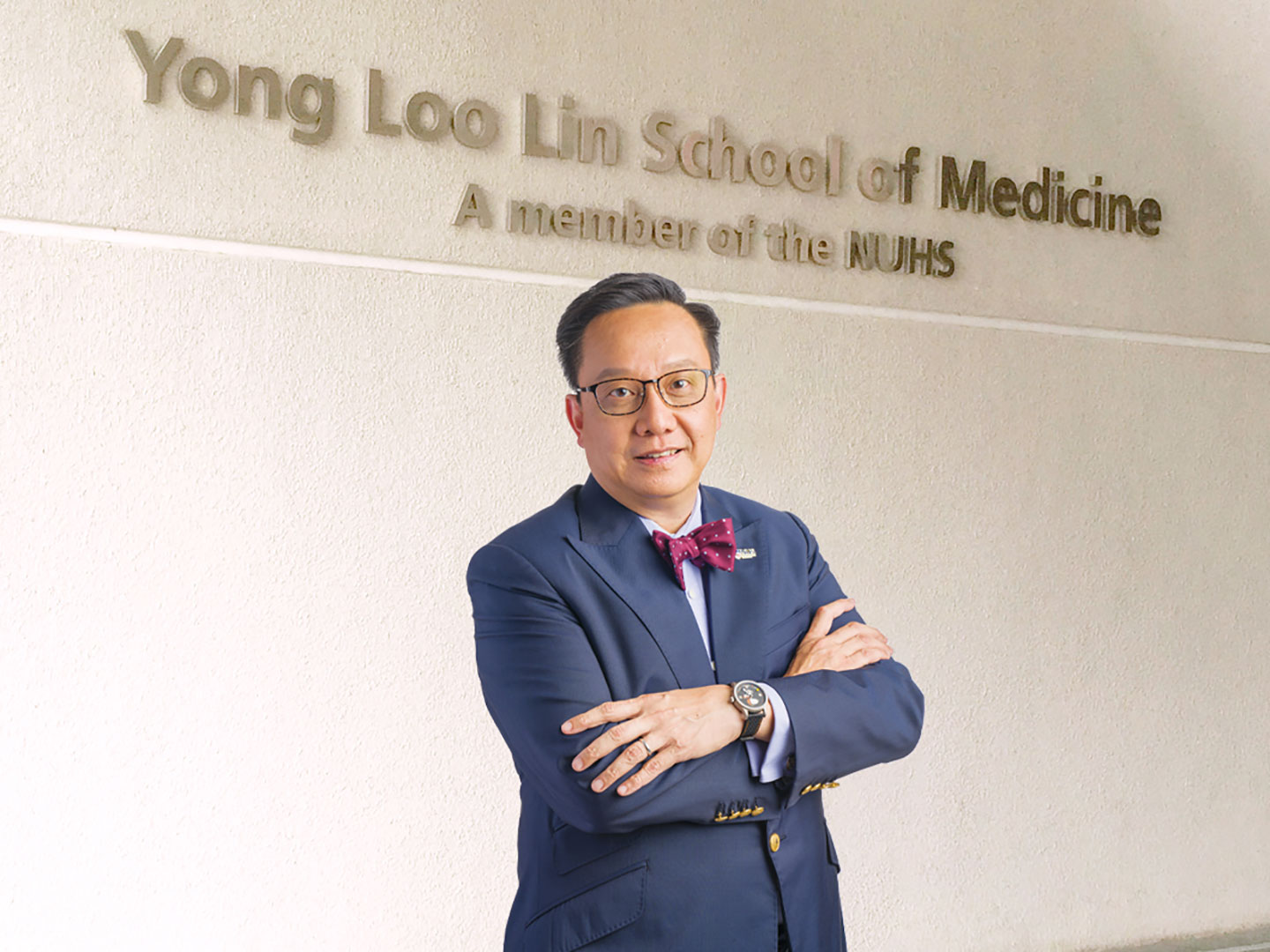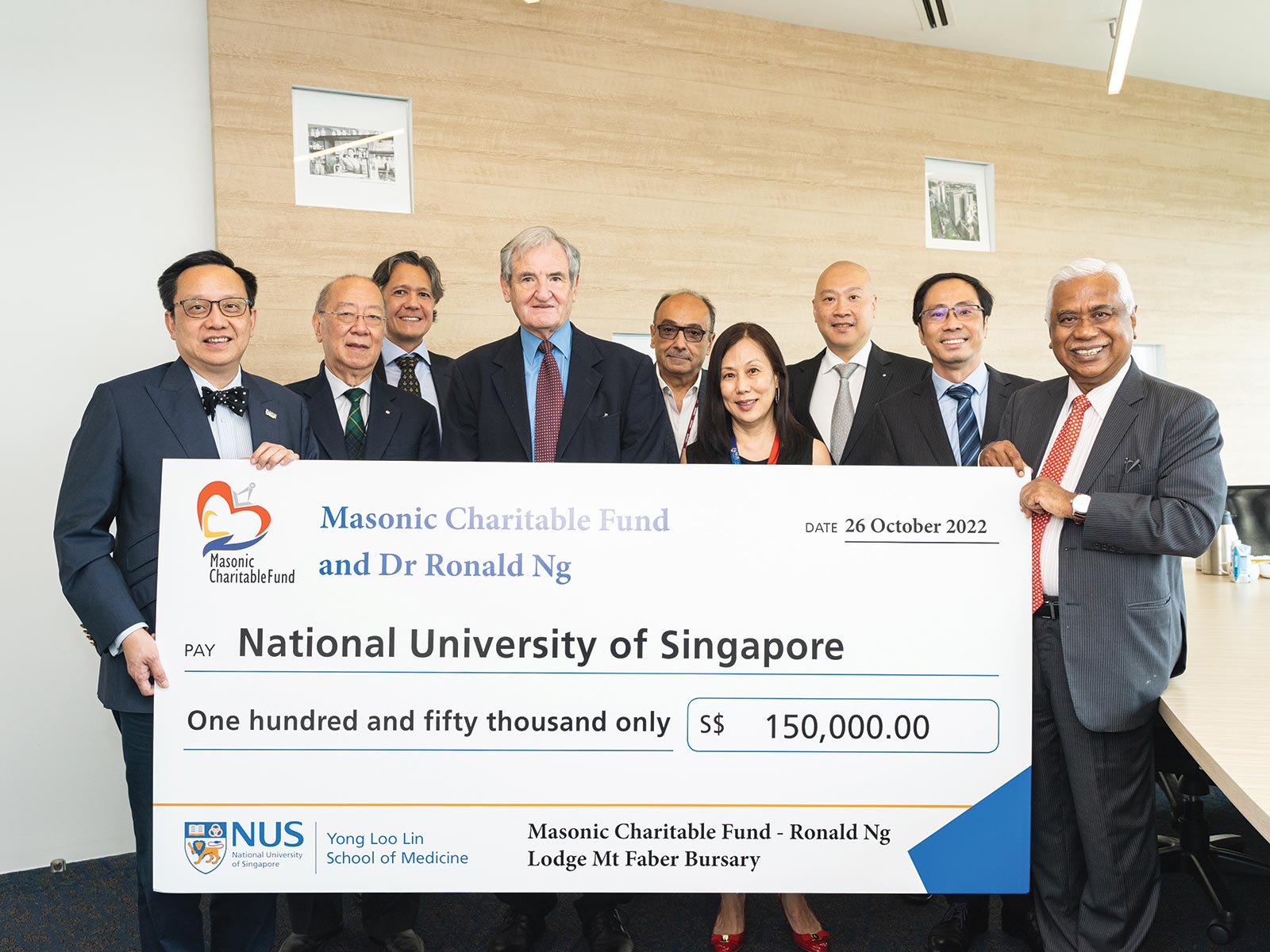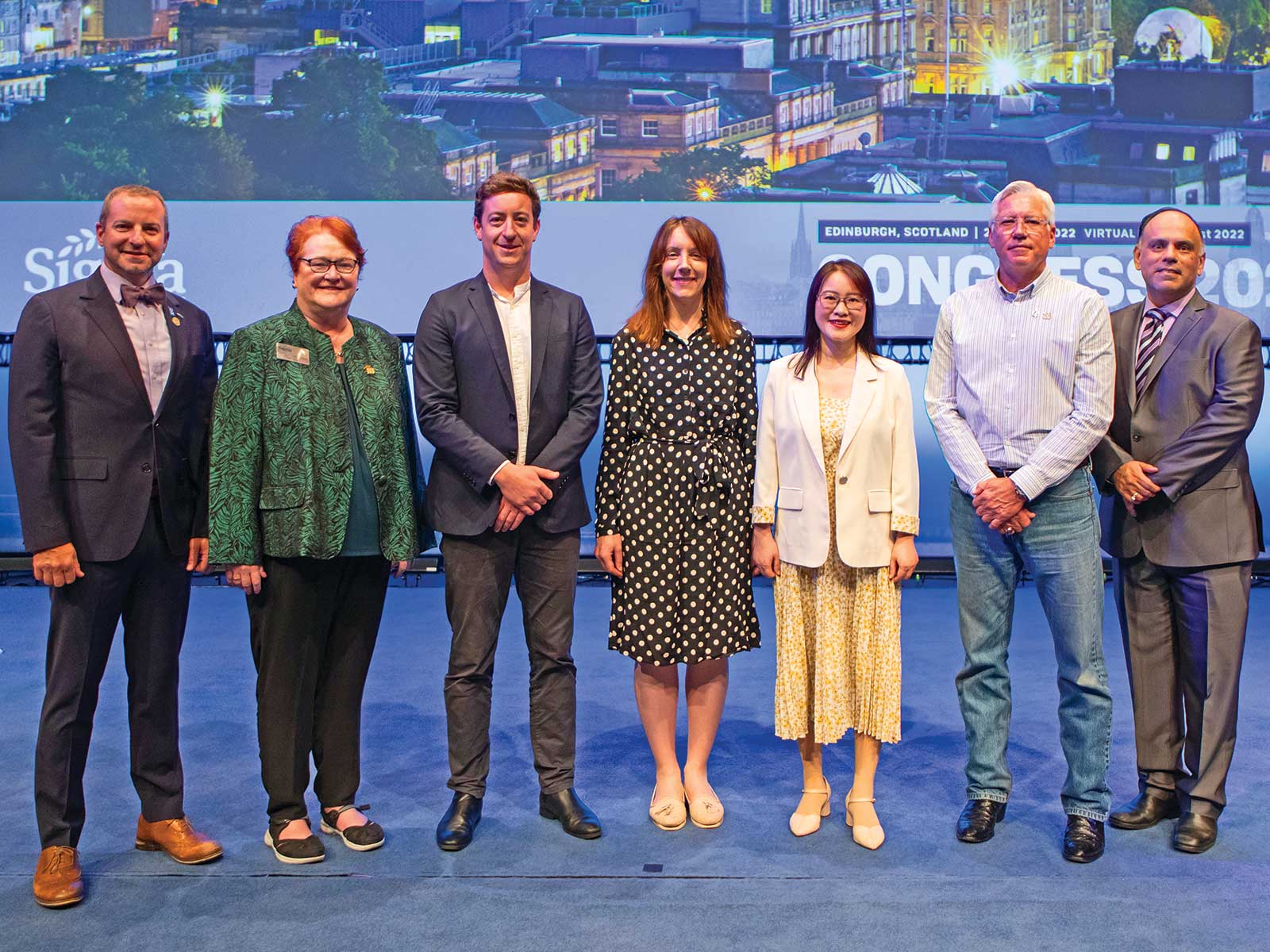
Dean’s Message
Jan 2023
DEAN’S MESSAGE

Are you a long-distance runner? Do you regularly participate in high-intensity exercises that emphasise endurance, subjecting the cardiovascular system to a high level of stress? Then the study in sudden cardiac failure in athletes that our clinician-scientists are conducting will be of particular interest to you. They are seeking answers to two key questions, which lie at the heart (no pun intended) of the study: Why do seemingly fit runners suddenly collapse and die? What underlying conditions do these athletes harbour that defy easy detection?
Cardio-metabolic disease may be hidden and unexpected, even among athletes and those who are health conscious, although estimates of disease prevalence among this group vary widely. Cardio-metabolic disease refers to medical conditions where the heart works defectively because of abnormal energy and nutrient utilisation. Professor Roger Foo, Director of the Yong Loo Lin School of Medicine’s Cardiovascular Translational Research Programme, suspects that a lot more can be done to assess and uncover the cardio-metabolic health status of runners. Additionally, how many people who participate in endurance races and sports that put prolonged stress on the cardiovascular system are at risk of disease? Does high-performance running impact cardio-metabolic health? What can be done to detect these conditions before they present with catastrophic results?
Roger and his co-investigator, Dr Mayank Dalakoti are collaborating with the IRONMAN Group, organisers of the Standard Chartered Singapore Marathon 2022 on a long-term study to find the answers to these questions. They have recruited more than 1,000 participants for the study, which will involve questionnaires and history-taking. “Through questionnaires initially, we will gather data on current medical histories, family histories and exercise, dietary and behavioural information. In the longer term, we aim to carry out multi-layers of clinical analysis to measure cardio-metabolic parameters and identify effective biomarkers for assessing cardio-metabolic health,” he says.
In a separate research initiative, NUS Medicine staff are partnering colleagues from the Singapore General Hospital to understand the mysterious workings of a gene that regulates bile acid composition in patients with Type 2 diabetes. There is urgency to the task—the prevalence of diabetes increased from 8.8% in 2017 to 9.5% in 2020 and the number of Singaporeans suffering from diabetes is estimated to hit one million by 2050. The team is exploring different methods to target this gene and hopes to develop new treatment options to treat and prevent Type 2 diabetes.
All in, it is a good, brisk start to 2023. We can look forward to more good news, which I will share with you in subsequent editions of our news magazine.”
Our research work has also found its way to the small screen: I invite you to view four newly released CNA documentaries featuring research in immunology, nanomedicine, cancer and cardiovascular diseases. In these episodes, our researchers share their journeys, aspirations and motivations for finding a cure for dengue, turning milk into medicine for gut diseases, advocating personalised therapies for cancer patients and how they shape the future of cardiovascular health (See here).
And to conclude on this happy note, we congratulate NUS Medicine alumna Dr Ching Ann Hui (Class of 2022) on being awarded a Rhodes Scholarship. She joins 100 scholars from around the world to pursue fully-sponsored postgraduate studies at the University of Oxford in October 2023. The Rhodes Scholarship, which was established in 1903, is the world’s preeminent and oldest graduate fellowship. Every year, one outstanding applicant in Singapore will be selected for the scholarship. Recipients of the scholarship are young people with proven academic excellence who also show exceptional character, leadership, the energy to use their talents to the full and a commitment to solving humanity’s challenges.
All in, it is a good, brisk start to 2023. We can look forward to more good news, which I will share with you in subsequent editions of our news magazine.
Happy reading,

More from this issue



